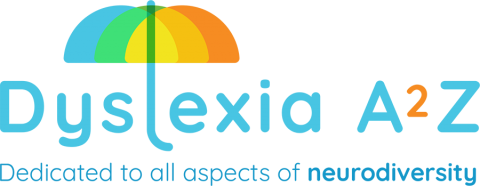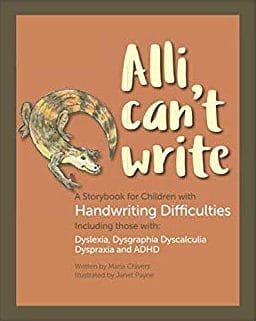Webinar Assistive Technology & NeurodiversityEmpowering Older Adults with the Right Tools Assistive Technology (AT) is incredibly valuable for people of all ages—yet it's often only associated with students. In reality,...
Latest Dyslexia Posts
Grandparents – Easter Egg or Educational Toys?
Grandparents/Teachers/Carers - Why Not Swap Easter Eggs for an Educational Game Kids Will Love? Easter is a time of joy, surprises, and little treats—but why not think beyond the usual...
Annual Dyslexia Awareness Dates in 2025
Annual Dyslexia Dates 2025 Helping to Raise Understanding & Awareness of Dyslexia. Each year, organisations, charities, campaigners, and schools participate in various activities to raise awareness of this learning difficulty. ...
Why Should We Bother Learning to Write by Hand?
Why should we bother learning to write by hand? Should we use digital devices, such as laptops, computers, etc.? Does what we use matter as long as a child can...
Annual Dyslexia Dates 2024 Helping to Raise Understanding & Awareness of Dyslexia. Each year, organisations, charities, campaigners, and schools participate in various activities to raise awareness of this learning difficulty. ...
Dyscalculia Conference by Positive Dyslexia Ltd. Dyscalculia Conference by Positive Dyslexia Ltd would like to invite you to their Dyscalculia Conference. In conjunction with Edge Hill University, Lancashire – Dyscalculia...



